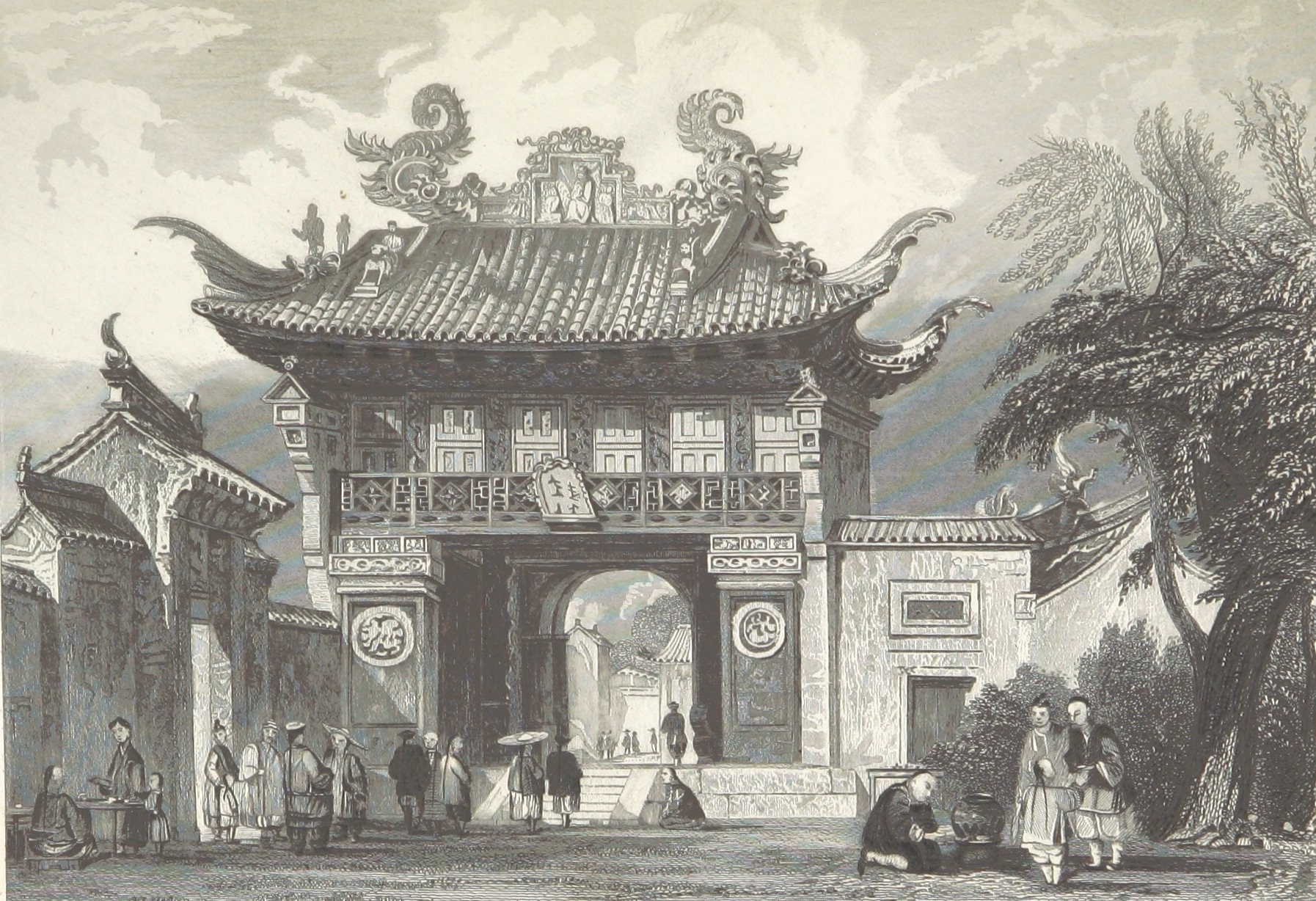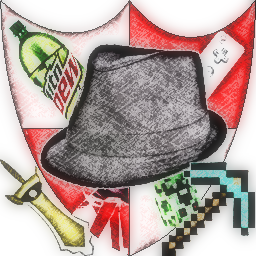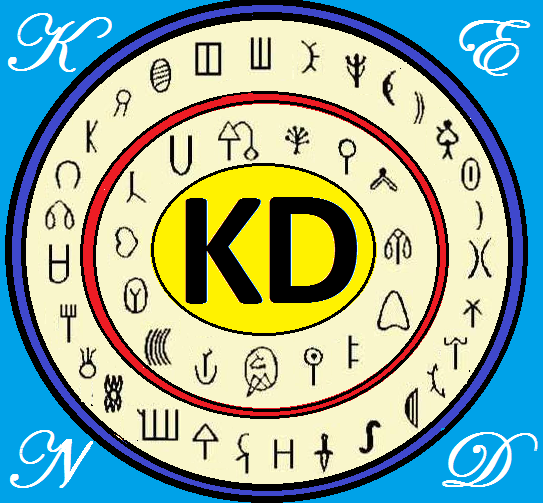The origin of the title of Shen is murky. It is stated that the
Pele Ochino was the father of the first Shen, and this demi-god emperor united the early tribes of Liang. The date for this supposed first Shen is around 5000 RC, based mostly on claims of his marriage to
Tamenei, daughter of the legendary first mage
Anenky.
The first historically documented ruler was that of the First Dynasty of Liang in 3000 RC, but most of the names of these Shen have been lost to time. The title evolved over subsequent dynasties, from a high priest who wielded power, to a more temporal ruler.
For a time in the Intermediate Age, the Shen ruled only the capital
Akachi, while Liang was plunged into a dark age. The Shen
Aterui led the initial expansion beyond those walls around 1000 RC, creating the Second Dynasty, and the first true empire of Liang. Upon her ascension his daughter
Sutsa founded the great city of
Dien Chen to centralise governance of her new empire.
Aterui's ancestry is entirely unknown, and the scant records from the period claim various divine lineages instead of true familial trees. The House of Sutsa ruled for an unprecedented fifteen centuries.
The House of Meng gained control of Liang in a palace coup during the long conflict in
Okinochi, and ruled until the 19th century. They failed to solve the Okinochi situation, leading the nation to only gain meager and ultimately costly colonies that they would lose centuries later. Then the Xiao dynasty, cousins of the Meng family, seized control in another palace coup.
The Xiao dynasty's most most notable Shen was
Shinuru, who led the nation into the
Gold Blood War with the
Sura Empire. The costly war, though perhaps justified, led Liang towards a dark age that was ultimately confirmed with the
Dark Plague in the 26th century. Despite Liang's ultimate victory, the cost of the war included their colonies on Okinochi, and many of Liang's naval trade routes.
The Xiao dynasty was entirely killed by the plague, and they were followed by the
Quan dynasty. The Quan Dynasty led a period of extreme conservatism, and were staunch traditionalists. They ultimately were succeeded by the Linghua dynasty, who inherited the throne from the final childless Quan Shen by marriage.
Progressive dynasties followed, slowly driving Liang further into debt and traditionalist isolation. The nation remained mostly cut off from the world. The Yahui dynasty was the last of these in the 29th century.
House Liu
The house of Liu rules as the presiding Shen of Liang. Liang had faced a long, slow decline over the preceding decades before their appointment in the 2889. Multiple dynasties rose and fell, generally through inheritance, but not without palace coups either. The disastrous rule of
Hao Yahui, who led a court renowned for excess and corruption and accumulated vast debt, proved enough to push the citizenry close to openly rioting.
Hao died without heir in a situation thought ironic by many; victim to food poisoning following one of his extravagant dinner parties. In response a gathering of the priests of the nation's thousands of shrines and temples was called by the temple of
Ochino in the capital of
Dien Chen. With the public confidence in the monarchy eroded to almost nil, this unprecedented action was the last chance to restore faith in the monarchy.
The gathering convened for over a month before they elected Shen
Kusha of
House Liu. Kusha was a minor noble, the young head of a family known almost exclusively for their small rice alcohol export business, yet they were neutral, traditionalist, unrelated to the previous monarchy, considered outstanding businessmen and without reproach in reputation.
The congregation was unable to choose among more controversial candidates with both strong support and derision, and so decided upon a compromise in House Liu.
Shen Kusha would lead the nation to great success, primarily by taking advantage of the Golem crisis ten years after his reign began. He re-positioned the nation from being in many ways decades behind the world to leading golem technology. Where other nations tried to stall the progress, he pushed Liang to embrace it.
The
Shen's Wuzin were instructed to copy
Juventian golems, and did so with haste. Their early adoption led to improvements in every field of industry, while their neighbours still struggled with religious or political debates over the technology.
His descendants still hold the throne, their reign secured by his quick action. The ruling Shen is Lian Jia, who took the throne in 3230 upon the death of her father.










I dont know the code sorcery to make my comments look as good as yours do and i apologize for that lol but I'll give the same attention you gave to mine :) Grammar wise the first sentence is a little iffy. "religious and temporal title and position, an ancient title, and the ruler of the Liang state and leader of the Angjaoreligion" i didnt notice it didnt have a space between angja and religion but copy paste reveals it needs one i guess. The main issue is the use of the word title. I can't determine if its part of the list or a reference to the religious and temporal title. I almost feel it's a remnant of a revision that snuck past orrrrr i read it differently than you intended. Then there is this "The title has not always been unanimously possessed by one person, with civil war and competing claimants throughout history..." So i don't think it matters but it implies that more than 1 person has held the title and backs it up with references to civil war. I don't think unanimously is the best word it says what you want yes but it also has connotations that say the power can be divided which isn't the case in the minds of those with the title i imagine. Maybe "At some points in history, not all were in agreement of who the she is leading to civil war. Etc" just an idea. "And the position of Shen has been defined variously" this sentence read clunky as well. All in all, there are some clunky sentences. Not a big deal. I'll move on to content here. What other forms has it been handed down in? It's hereditary now but what other ways was it passed? I'm also curious as to what kind of power this oscillation comes with. Do these houses share power or are they beholden to the shen entirely. You have a detailed history but i feel like know so little about this position. This is due to not reading more articles and not your writing, but some detail is always good. It's a good article and makes me want to know more which is a win in my book. The clunkiness is easy for me to look past so dont fret on it too much. I didnt notice spelling errors course i never do lol great job and i hope i gave some a good critique.
Thank you. I've made some edits to clear up some of those clunky sentences. A big help that you pointed them out. Sometimes you read your own work and see it how you imagined it, not how you actually wrote it haha. I'll expand on how it has been chosen in the past a bit. And definitely elaborate on its powers. Thank you.